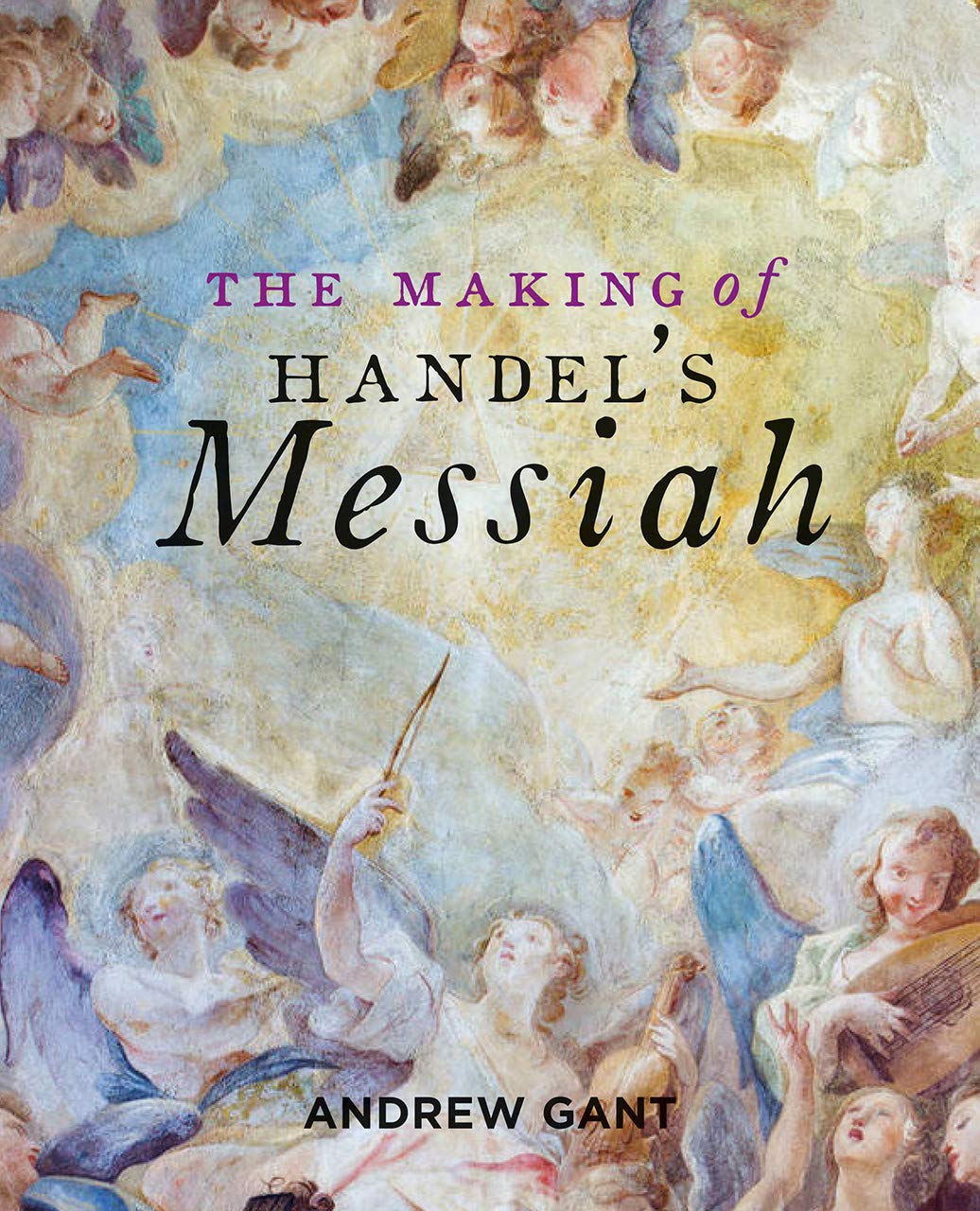by Andrew Gant
Published by Bodleian Library
The English oratorio was, it seems, born almost by accident. Handel’s Esther, the first known example of the genre, began life as a masque in a Middlesex mansion in around 1718 . It reappeared in London in 1731. These were private performances, staged and in costume. Then, in 1732 – partly because Princess Anne wanted to hear it – a revised and expanded version was presented in concert form with singers drawn from opera but without scenery or action at The King’s Theatre, Haymarket. Oratorio had arrived and the scene was set for Messiah.
Using texts and manuscripts from the Bodleian Library this is a book about context and genesis. Oratorio came into its own because the Protestant establishment forbad opera during Lent but oratorio was acceptable to most although, inevitably there were those who said that Mr Handel was, effectively, blaspheming sacred narratives by dramatising them profanely in music and song.
Gant is good on Charles Jennens, Handel’s librettist and collaborator who could be catty. There are some entertaining exchanges in the letters between him and Handel. Jennens also sometimes commented on word setting, or even the order of the numbers in the score, and his handwriting is visible in some of Handel’s manuscripts. Surprisingly, given the range of Messiah examples he cites, Gant doesn’t mention the awkward wording and setting of “All we like sheep”. For years as a child I took “like” as a verb and couldn’t understand why anyone wouldn’t.
This is an informative, engaging book which never patronises. It’s fascinating and detailed on Handel’s “borrowings” (from his own work and others) and the ways in which Messiah has been presented and received for over 250 years from 2,765 performers at Crystal Palace in 1859 to spare, authentic performances which gained popularity from mid-twentieth century.
Review by Susan Elkin



